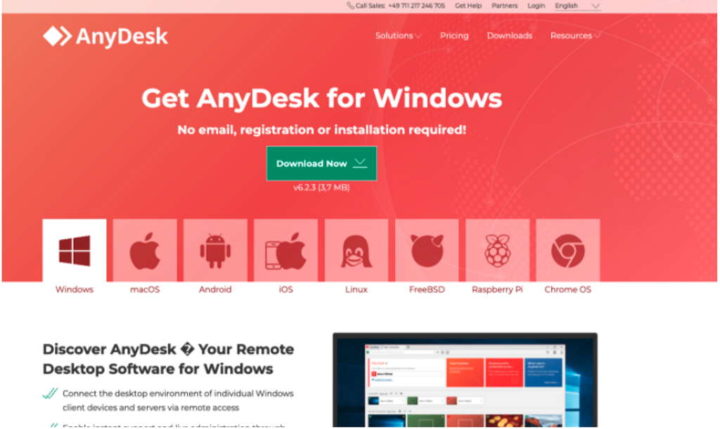


License : Proprietary and BSD and OpenSSL and zlib and LGPLv2+ You can check the version of AnyDesk installed with the command: $ rpm -qi anydesk Pree y key to start installation of AnyDesk on CentOS 8 / RHEL 8. Userid : "philandro Software GmbH "įingerprint: D563 11E5 FF3B 6F39 D5A1 6ABE 18DF 3741 CDFF DE29 sudo dnf -y makecacheĪgree to import GPG key when prompted. Once AnyDesk repository has been added to your Linux system, installation of AnyDesk on CentOS 8 / RHEL 8 can be done using yum or dnf command line tools. RHEL 8: sudo tee /etc//AnyDesk-RHEL.repo <

 0 kommentar(er)
0 kommentar(er)
